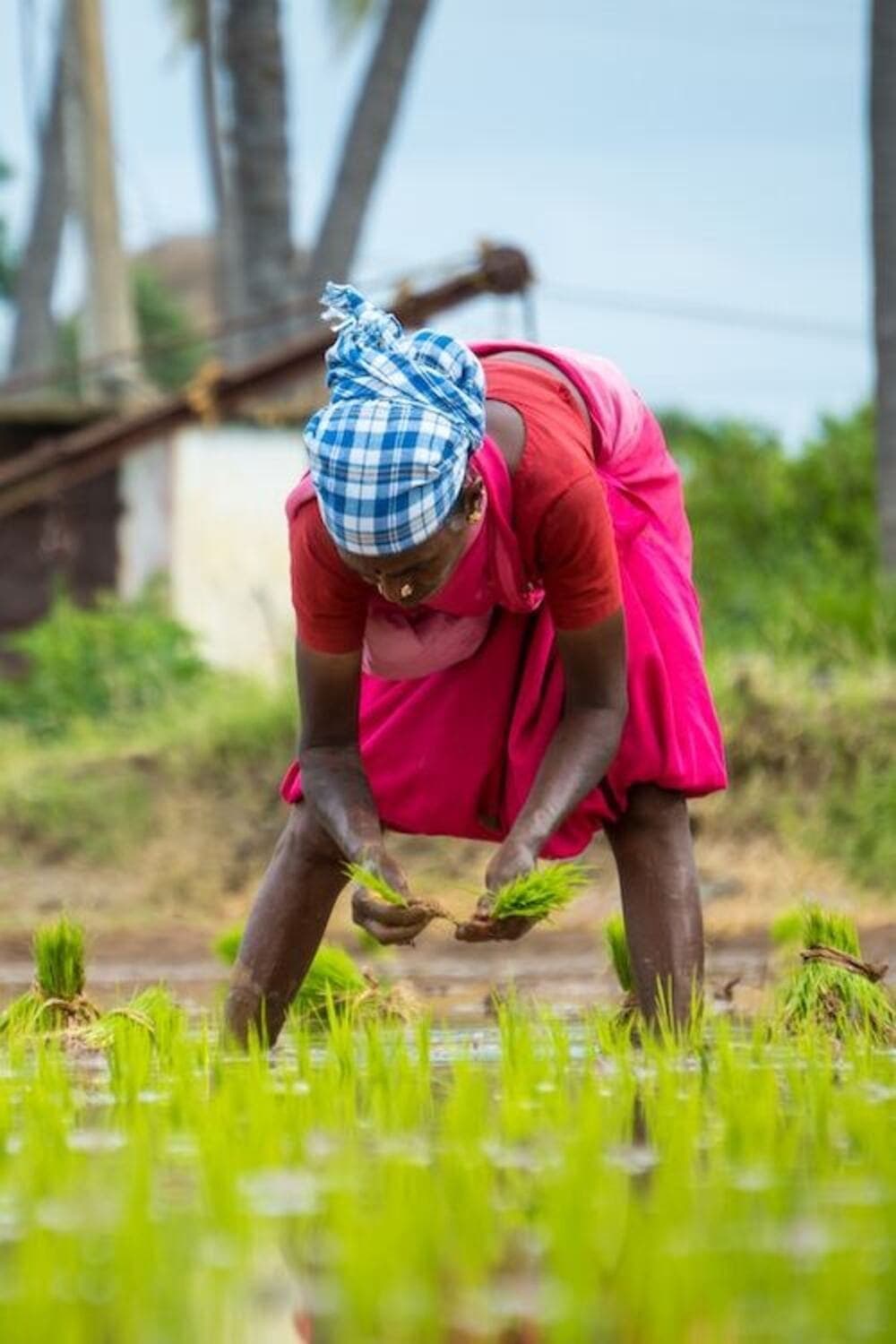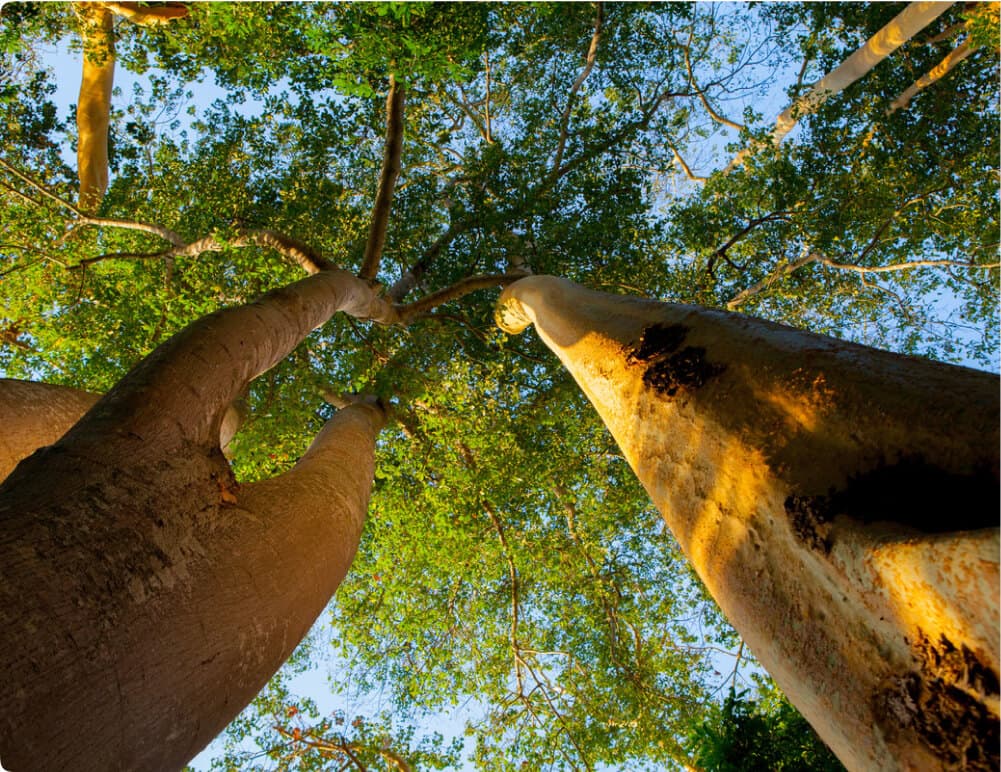
Incubating and financing sustainable landscapes
Latest News & Publications
WHAT WE DO
We bridge the gap between conservation practitioners and investors, supporting the design, structuring and financing of sustainable landscape programmes that deliver impacts on the Global Sustainable Development Goals.
Landscapes first. We support communities that are passionate about protecting nature, regenerating their economies, and restoring the places that make them who they are, their landscapes.

Landscape Finance
We work with practitioners, funders and investors to turn landscape ideas into investment-ready propositions.

Landscape Learning
We foster a resilient landscape network through cross-sector collaboration, peer-learning networks and sharing knowledge products.

Landscape Incubation
We design and structure high-quality landscape restoration programmes in global biodiversity hotspots.
Featured Landscapes
The Lab has a pipeline of investable landscape programmes around the world, with a focus on wetlands and peatlands; coasts and reefs; rainforests; and commodity sourcing landscapes.
Explore
WHO WE ARE
We unlock the untapped potential of landscapes: unique settings where climate, biodiversity and sustainable development challenges can be tackled together, creating synergies for maximum impact.

By convening stakeholders, putting in place robust systems for holistic restoration, and mobilising public and private finance, we help landscapes become places where communities, nature and culture can thrive in harmony.

Seeking large-scale impacts by targeting landscapes with the potential to restore up to 1m+ ha degraded land and waters

Putting landscapes first by supporting locally-owned programmes led by committed local partnerships

Looking beyond individual project-level approaches to develop ecosystem-scale solutions and financing

Our impacts
2000+
Landscape practitioners & investors in our learning networks
€7M+
Pipeline of landscape opportunities under development
€15M+
Directly-secured investments into landscapes
85M+
Hectares under restoration with Lab support
Who we work with
Our partner-centred approach relies on close collaboration with grassroots and international teams and organisations, who share our vision for sustainable landscapes. Learn more about our partners.








